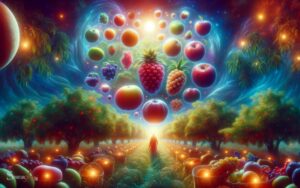Difference Between Wet Dreams And Spiritual Marriage!
Wet dreams, also known as nocturnal emissions, are involuntary ejaculations during sleep, often accompanied by sexual dreams, and are physiological phenomena common in both adolescents and adults.
Spiritual marriage, in contrast, is a concept tied to various cultural and religious beliefs, describing a mystical union with a spiritual being or entity often experienced during dreams or meditative states.
Wet dreams occur during REM (rapid eye movement) sleep when the body goes through periods of heightened arousal.
These are natural occurrences and part of sexual development and health. They can happen without any conscious control and do not necessarily reflect one’s waking sexual desires or activities.
Spiritual marriage, on the other hand, is a more abstract concept that has different meanings across cultures. In some Christian traditions, it refers to a profound connection with Jesus or a saint, symbolizing a deep spiritual bond that transcends the physical world.
In other spiritual contexts, it may refer to a perceived marriage with a spirit or deity, often seen as a commitment to a spiritual path or a sign of spiritual elevation.
Wet Dreams:
Spiritual Marriage:
Example: A teenager may experience a wet dream during puberty without any external stimulation, while an individual deeply involved in spiritual practices might experience a dream where they are symbolically married to a spiritual figure, representing their dedication to their faith.
Understanding the difference between wet dreams and spiritual marriage demystifies the nocturnal experiences we have, separating the physiological from the spiritual, and giving clarity to our subconscious encounters.

Key Takeaway
Causes and Triggers of Wet Dreams
The causes and triggers of wet dreams are often linked to hormonal fluctuations and sexual arousal during sleep.

During puberty, the body experiences an increase in hormones like testosterone, which can lead to heightened sexual arousal. This can result in spontaneous ejaculation during sleep, commonly known as a wet dream.
Additionally, psychological factors such as sexual fantasies or a lack of regular sexual activity can also contribute to the occurrence of wet dreams.
It’s important to note that wet dreams are a normal part of sexual development and do not necessarily indicate an issue.
Understanding the physiological and psychological factors that contribute to wet dreams can help individuals navigate this natural aspect of their sexual health with confidence and reassurance.
Physical and Psychological Aspects
When it comes to wet dreams and spiritual marriage, it is important to consider the physical effects and psychological implications of each.
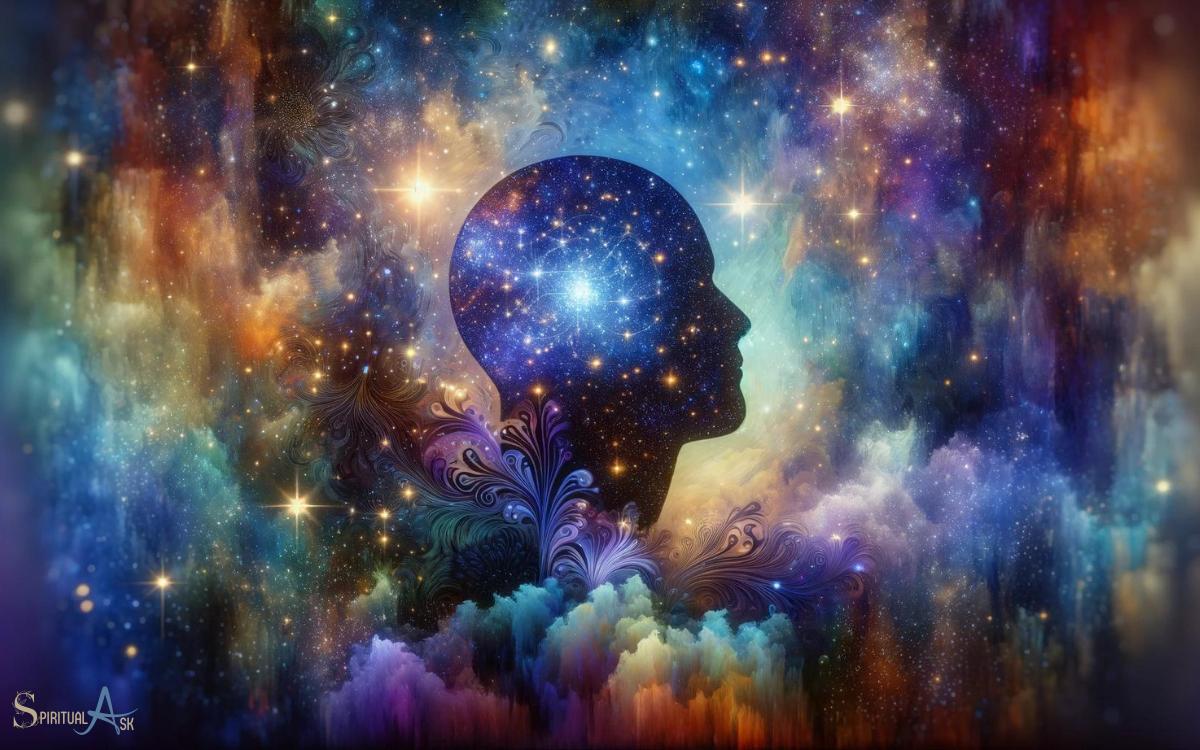
Understanding how these experiences manifest in the physical and psychological realms can provide valuable insight into their significance and impact on an individual’s overall well-being.
Additionally, comparing the spiritual significance of both phenomena can shed light on their unique roles in an individual’s spiritual journey.
Physical Effects of Each
While wet dreams are a natural physiological response during sleep, spiritual marriage is a concept rooted in religious or spiritual beliefs and is not tied to physical sensations.
When it comes to the physical effects of each, there are distinct differences:
- Wet dreams can lead to ejaculation in males and lubrication in females, often accompanied by sexual arousal during sleep.
- Physiologically, wet dreams are a normal part of sexual development and are not considered harmful.
On the other hand, spiritual marriage does not have direct physical effects, as it is a symbolic and metaphorical union with a divine being or spiritual entity.
The physical effects of wet dreams are primarily related to sexual arousal and release, while spiritual marriage is more focused on the psychological and spiritual aspects of the individual’s beliefs and experiences.
Psychological Implications of Both
How do the psychological implications of wet dreams and spiritual marriage differ in terms of their physical and psychological aspects?
Wet dreams, being a natural physiological process, can lead to feelings of confusion or embarrassment in some individuals due to societal taboos surrounding sexual topics.
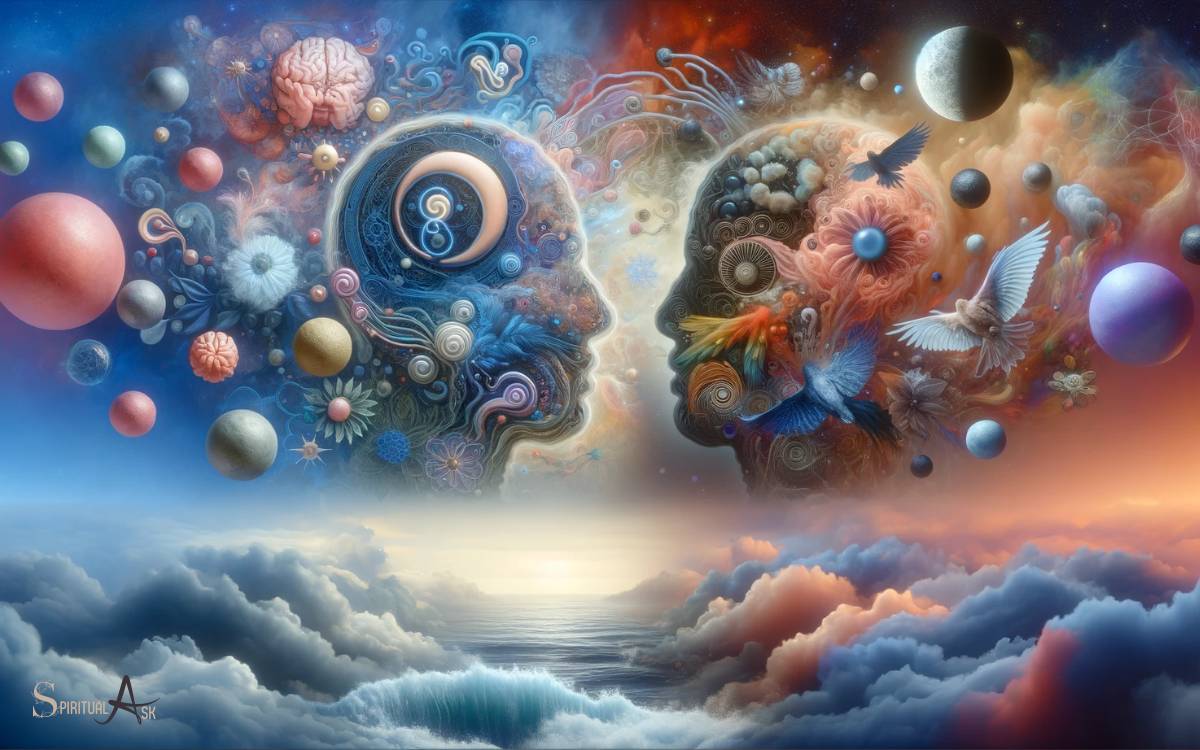
However, they are generally considered a normal part of development and can even be a source of relief from sexual tension.
On the other hand, spiritual marriage, being a concept rooted in religious or spiritual beliefs, can have profound psychological implications. It may bring about a sense of deep spiritual connection, purpose, and fulfillment, impacting one’s overall emotional well-being.
Additionally, spiritual marriage may also lead to feelings of commitment and responsibility towards one’s spiritual partner, influencing decision-making and life choices.
Both experiences can have significant psychological effects, albeit in different ways.
Spiritual Significance Comparison
The spiritual significance comparison of both wet dreams and spiritual marriage involves examining the physical and psychological aspects in a professional, clear, and precise manner.
- Physical Aspect: Wet dreams are primarily a physical reaction during sleep, often related to hormonal changes during adolescence. Spiritual marriage, on the other hand, is a symbolic union with a divine entity, with no direct physical manifestation.
- Psychological Aspect: Wet dreams can evoke feelings of confusion or embarrassment in individuals, stemming from societal attitudes towards sexual experiences. Conversely, spiritual marriage often brings about a sense of fulfillment, purpose, and spiritual awakening.
- Emotional Impact: Wet dreams may lead to feelings of guilt or shame in some individuals due to cultural or religious beliefs. In contrast, spiritual marriage can evoke feelings of joy, peace, and a deep connection to the divine.
- Long-term Effects: Wet dreams may result in heightened curiosity or anxiety about sexual experiences. Spiritual marriage, however, often leads to a sense of spiritual growth, guidance, and a deepened understanding of one’s purpose in life.
Cultural and Religious Perspectives on Wet Dreams
Cultural and religious perspectives on wet dreams play a significant role in shaping individual beliefs and behaviors.
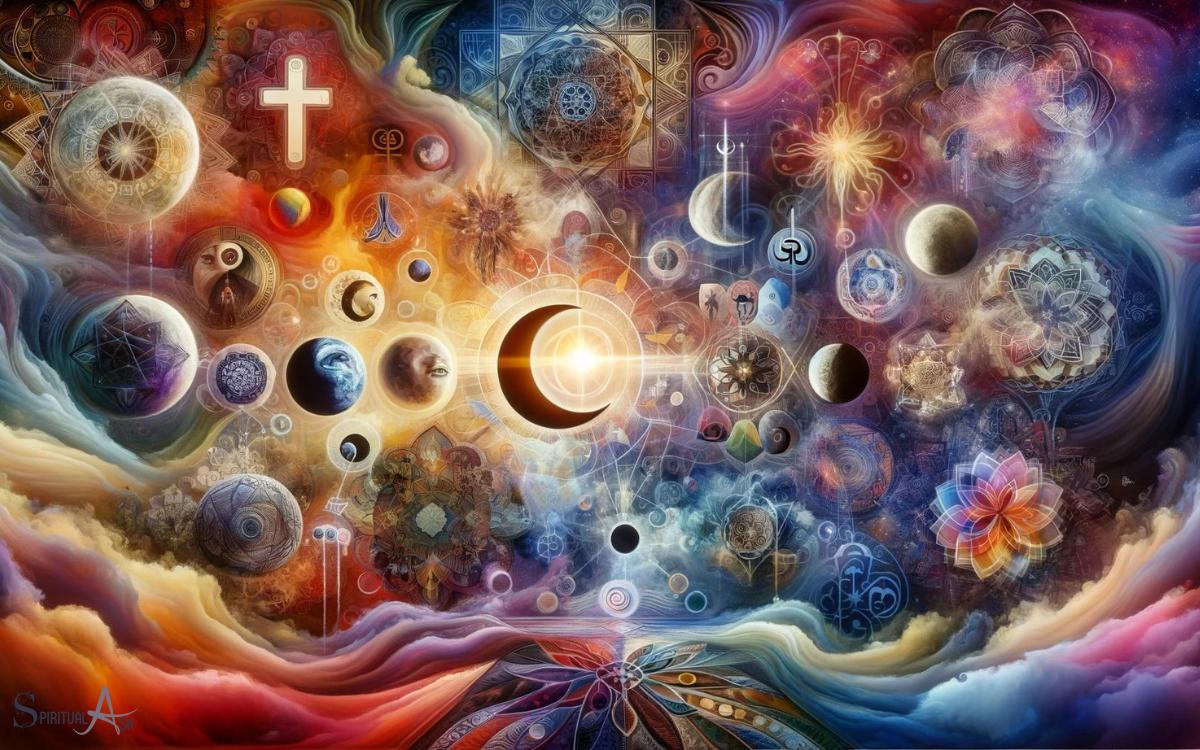
Many cultures have specific taboos and beliefs surrounding the occurrence of wet dreams, which can influence how individuals perceive and react to these experiences.
Additionally, religious teachings and interpretations often guide individuals in understanding the spiritual implications of wet dreams and their impact on overall spiritual health.
Cultural Taboos and Beliefs
Exploring cultural and religious perspectives on wet dreams reveals a rich tapestry of beliefs and taboos surrounding this natural phenomenon. In various cultures and religions, wet dreams are often viewed through the lens of morality, purity, and spirituality.
Some common cultural taboos and beliefs include:
- Shame and Guilt: In some cultures, wet dreams are associated with shame and guilt, leading to a sense of impurity and moral wrongdoing.
- Spiritual Implications: Certain religious beliefs attribute spiritual significance to wet dreams, viewing them as a sign of spiritual awakening or a connection to the divine.
- Purification Rituals: In some cultures, specific purification rituals are prescribed to cleanse individuals after experiencing a wet dream.
- Supernatural Interpretations: Wet dreams are sometimes interpreted as having supernatural or supernatural causes, leading to a range of cultural taboos and beliefs surrounding them.
Religious Interpretations and Teachings
Religious perspectives on wet dreams vary widely, reflecting diverse beliefs and practices regarding the spiritual implications and moral significance of this natural occurrence.
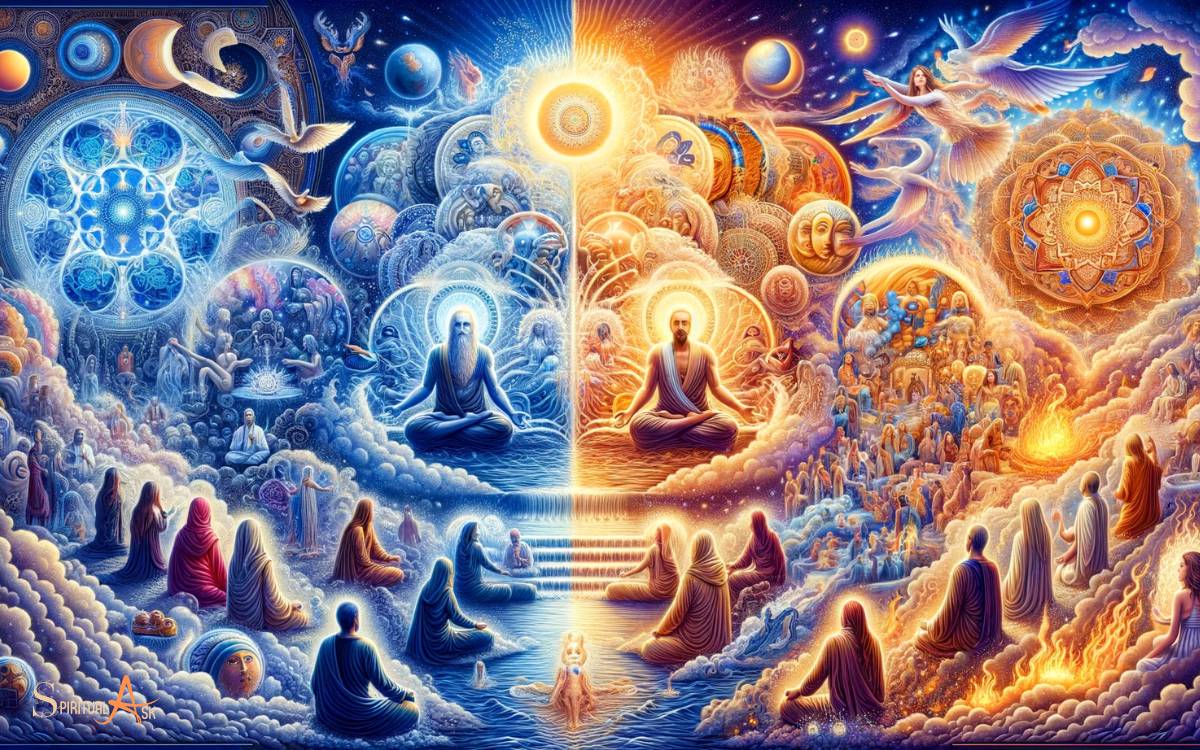
In many cultures, wet dreams are viewed as a normal bodily function, a sign of physical development, and are not necessarily associated with spiritual or religious implications.
However, certain religious teachings and interpretations attribute specific meanings to wet dreams.
Below is a table outlining some cultural and religious perspectives on wet dreams:
| Religion/Culture | Perspective on Wet Dreams |
|---|---|
| Islam | Regarded as natural and not sinful, provided one takes necessary actions. |
| Hinduism | Seen as a natural occurrence, not inherently linked to spiritual consequences. |
| Christianity | Views vary; some sects perceive it as a normal physiological process, while others may emphasize purity. |
| Traditional African | Often regarded as a normal part of sexual maturation, with no specific spiritual implications. |
| Buddhism | Generally considered a natural bodily function, with no significant spiritual repercussions. |
Understanding the various religious perspectives on wet dreams can shed light on the diversity of beliefs and practices surrounding this topic. This understanding is essential for comprehending the impact on spiritual health.
Impact on Spiritual Health
The diverse religious perspectives on wet dreams provide valuable insights into the impact of this natural occurrence on spiritual health. From a cultural and religious standpoint, wet dreams can have significant implications for an individual’s spiritual well-being.
- Purity and Impurity: Some cultures and religions view wet dreams as a sign of impurity, impacting the individual’s spiritual state.
- Guilt and Shame: In certain religious contexts, individuals may experience feelings of guilt and shame following a wet dream, affecting their spiritual mindset.
- Spiritual Cleansing: Other belief systems emphasize the need for spiritual cleansing or purification rituals after experiencing a wet dream.
- Understanding and Acceptance: Conversely, some spiritual teachings promote understanding and acceptance of wet dreams as a natural part of human existence, fostering a healthier spiritual outlook.
Understanding Spiritual Marriage
Understanding spiritual marriage involves a deep exploration of the soul’s connection to a higher spiritual realm. It transcends the physical and delves into the essence of spiritual bonding.
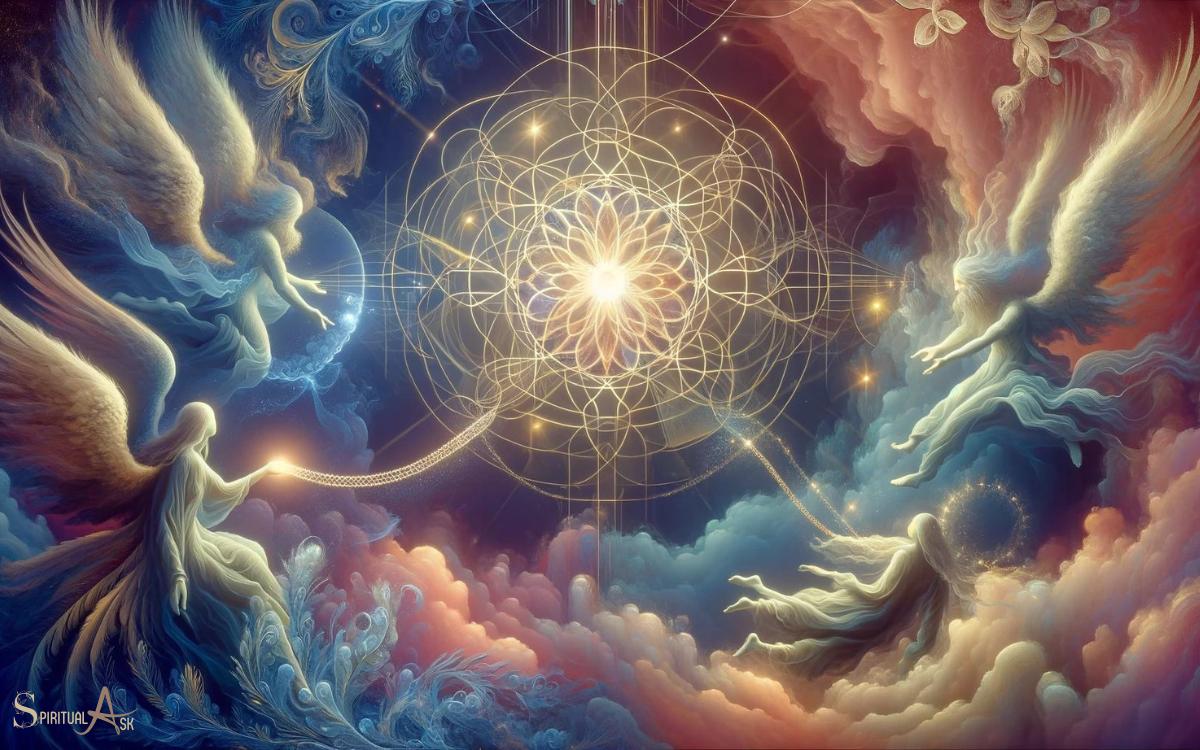
In spiritual marriage, individuals form a sacred union with a divine being, often symbolizing a deep spiritual connection, commitment, and alignment with higher principles. This union is based on love, trust, and a shared spiritual journey.
It is a profound intertwining of souls, where both parties support each other’s spiritual growth and evolution. Spiritual marriage is a sacred covenant that goes beyond traditional concepts of marriage, as it is a union at the spiritual level.
Understanding the depth and significance of spiritual marriage requires an open heart, spiritual awareness, and a willingness to explore the mystical aspects of human existence.
Significance and Symbolism in Spiritual Marriage

In spiritual marriage, a profound intertwining of souls imbues the union with significant symbolism, representing a sacred covenant that transcends the physical realm and embodies a deep spiritual connection with a divine being.
This symbolism can be understood through the following imagery:
- Union of Souls: Just as two rivers merge and become one, spiritual marriage symbolizes the merging of two souls into a single entity, bound by love and spiritual purpose.
- Eternal Flame: The union is often represented as an eternal flame, signifying the enduring nature of the spiritual bond and the perpetual light of love and devotion.
- Garden of Unity: The spiritual marriage is likened to a beautiful garden, where the souls of the partners intertwine and flourish together, symbolizing growth, harmony, and shared abundance.
- Celestial Dance: It is often depicted as a celestial dance, where the partners move in perfect harmony, reflecting the divine rhythm and grace of their spiritual connection.
This imagery captures the profound symbolism inherent in spiritual marriage, illustrating the depth and beauty of this sacred union. It sets the stage for understanding the distinctive characteristics of each experience.
Distinctive Characteristics of Each Experience
Discussing the distinctive characteristics of each experience in spiritual marriage involves discerning the unique qualities that differentiate it from other spiritual unions.

In spiritual marriage, there is a profound sense of unity and connection with a divine entity or spiritual being, often described as a union of souls. This experience is marked by a deep sense of love, peace, and spiritual fulfillment.
Unlike other spiritual unions, spiritual marriage often involves a sense of lifelong commitment and devotion to the spiritual partner. It is also characterized by a mutual exchange of energy and guidance, leading to personal growth and enlightenment.
Additionally, spiritual marriage is often accompanied by a sense of purpose and a shared mission to serve the greater good.
These distinctive characteristics set spiritual marriage apart from other spiritual experiences, such as fleeting encounters or casual connections with spiritual entities.
Managing and Embracing Personal Experiences
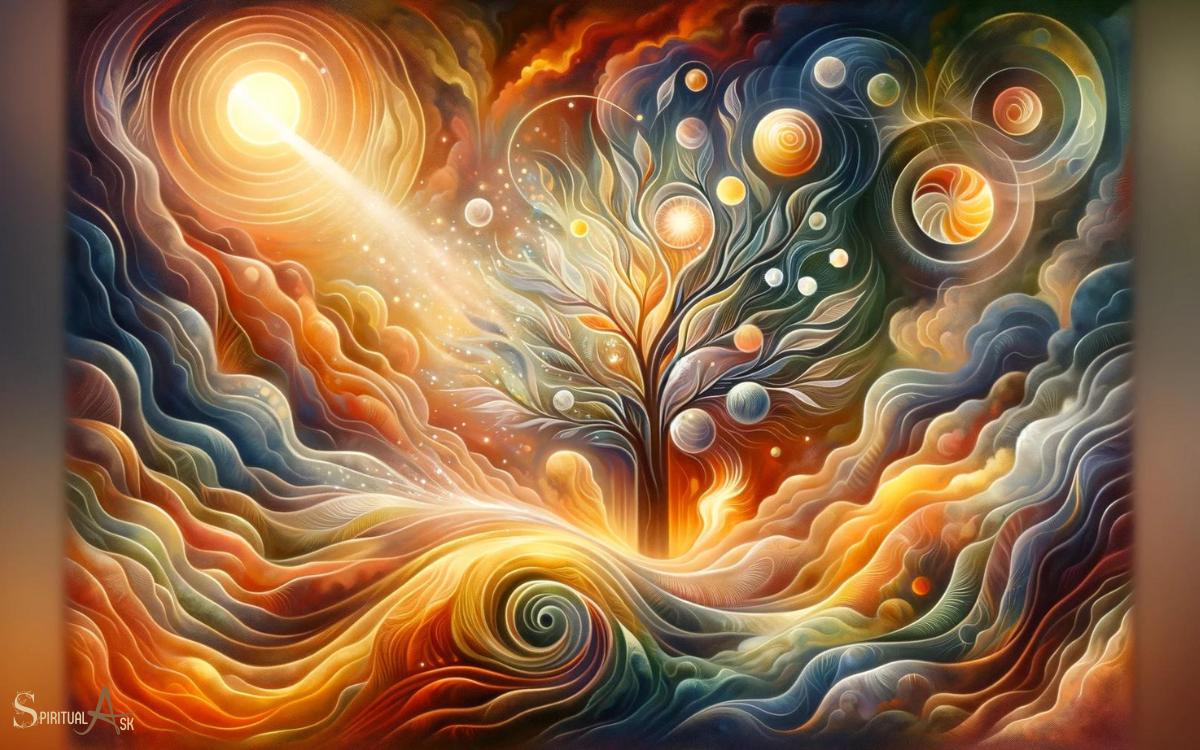
To manage and embrace personal experiences related to spiritual marriage and wet dreams, it is crucial to cultivate self-awareness and seek guidance from spiritual mentors or counselors.
When navigating these experiences, individuals should:
- Reflect on their beliefs and values to understand how these experiences align with their spiritual journey.
- Seek support from trusted mentors or counselors who can provide guidance and insight into the spiritual and psychological aspects of these experiences.
- Engage in practices such as meditation, prayer, or journaling to foster a deeper understanding of the personal significance of these experiences.
- Embrace a mindset of self-compassion and non-judgment, recognizing that these experiences are a natural part of one’s spiritual and physical development.
Conclusion
The causes and triggers of wet dreams differ from the understanding of spiritual marriage. While wet dreams are rooted in physical and psychological aspects, spiritual marriage holds significance and symbolism in a cultural and religious context.
It is important to distinguish and embrace each experience, managing personal encounters with understanding and respect. Understanding the distinctive characteristics of each experience allows for a deeper exploration of the complexities of human existence.





